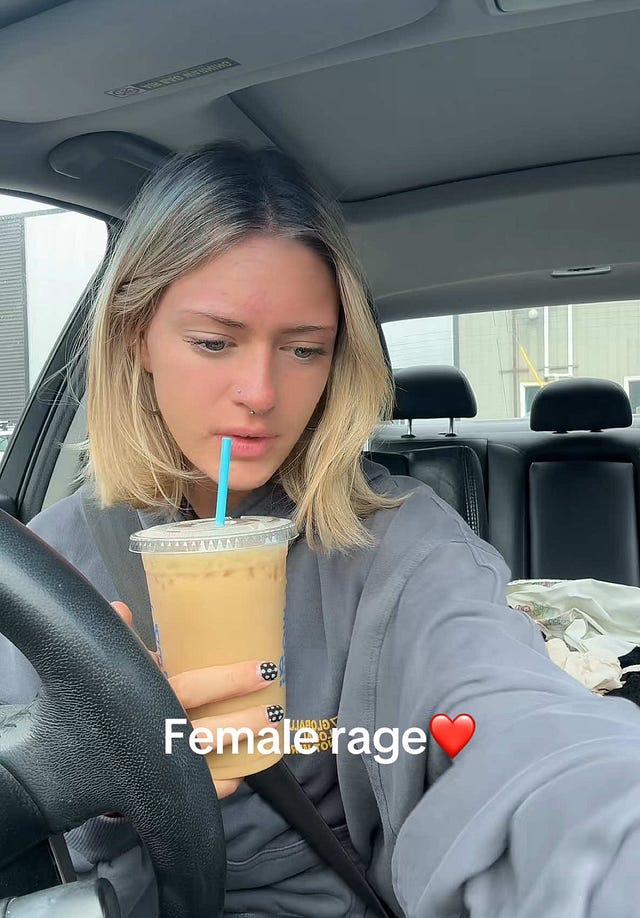KATSEYE performed with Vivian Wilson at the Kids’ Choice Awards; Lorde previewed her new album by going live on TikTok from Baby’s All Right; Addison Rae is going on tour with Lana Del Rey; and to my fellow New Yorkers, I’ll see you at the polls (and then maybe at the beach…?).
HOW ZOHRAN MAMDANI USED FREE MERCH TO POWER HIS MAYORAL CAMPAIGN, gq
NYC’s political golden boy — the 33-year-old mayoral candidate Zohran Mamdani —has leaned into free merch after hitting his fundraising cap, offering DIY screenprinting events where supporters customize their own tees and totes. “As a queer Black woman, and as a poor person, I’ve always had to keep my eye open for anyone who will be on my side,” said 18-year-old volunteer Lola, who praised Mamdani’s videos as “clearly speaking to a younger generation.” Volunteers earn “Zetro cards” that unlock exclusive posters and beanies, making the campaign feel more like a fan club than a political machine. As Mamdani trekked through Manhattan on foot last weekend, supporters tracked his progress online and showed up IRL. One canvasser compared the energy to a Taylor Swift concert.
MARGINALIA MANIA: HOW ‘ANNOTATING’ BOOKS WENT FROM BIG NO-NO TO BOOKTOK’S NEXT TREND, theguardian
More on reading as an aesthetic, which I wrote about yesterday: Young readers are reviving the once-taboo practice of annotating books — color-coding emotional responses, scribbling predictions, and “tabbing” key passages — to personalize (and aestheticize) their reading experiences. The trend is especially popular within romantasy and romance fandoms, where annotating becomes a form of fandom expression and social connection, often involving gifting marked-up books to friends.
HOW BEREAL PLANS TO RECAPTURE ITS 2022 VIRAL MOMENT, businessinsider
I haven’t thought about BeReal for a minute, and I’m apparently not alone: global downloads are down 50% year-over-year, and usage has declined despite the app racking up 126 million installs since its 2020 launch. Now owned by Voodoo Games, BeReal is trying to reclaim its relevance with campus ambassador programs, party activations, and features like “nearby” discovery and algorithm-free friend suggestions based on shared photo themes. The app reports around 40 million active users, with Japan, France, and the US as its biggest markets, but I’d love to know how they define “active users.”
ARE YOUNG PEOPLE HAVING ENOUGH SEX?, newyorker
For her latest, Jia Tolentino tackles Gen Z’s so-called “sex recession.” Despite unprecedented access to porn and hookup culture, many young people are having less sex often because of anxiety, loneliness, and early exposure to digital hypersexuality. Nearly half of Gen Z adults say porn has been harmful to them, and 15% report seeing it before age 10. Two new books offer very different takes on why Gen Z is having less sex: Louise Perry’s A New Guide to Sex in the 21st Century calls for a return to sexual conservatism, while Carter Sherman’s The Second Coming argues Gen Z is caught between oppressive online hypersexuality and outdated abstinence-only sex ed. Tolentino suggests the deeper issue may be Gen Z’s growing discomfort with intimacy: “To many young people,” she writes, “real connection feels too elusive to chase.”
The Zoomer sex recession is puzzling in part because sex has seemingly never been less stigmatized or easier to procure. The electronic devices in our pockets contain not only a vast universe of free porn but also apps on which casual sex can be arranged as efficiently as a burrito delivery from DoorDash. Today, it is a mainstream view that desire isn’t shameful, that kinks can be healthy, that a man should make an effort to give a woman an orgasm, that people can do what they want in the bedroom as long as everyone involved is pleased. And yet, presented with a Vegas buffet of carnality, young people are losing their appetite.
YOUNG INVESTOR DEMAND FOR ALTERNATIVE ASSETS IS RESHAPING WALL STREET'S PLAYBOOK, bloomberg
Young, affluent investors are turning to alternative assets like pre-IPO startups, crypto, real estate, and collectibles, driven by growing distrust in traditional stock-bond portfolios. What was once a fringe trend has since become a core wealth-building strategy among Gen Z and millennials looking to level up. (Though, who isn’t looking to level up in times like these?) Platforms like Forge Global have dropped investment minimums to $5,000, tripling daily sign-ups as young users rush to access buzzy firms like OpenAI before they go public. Nearly 93% of wealthy investors under 43 plan to increase their allocations to alternatives, reflecting a broader generational pivot away from conventional finance.
One last thought:
 Tiktok failed to load.
Tiktok failed to load.Enable 3rd party cookies or use another browser






The Alt boom really took off in 2020 and took a nosedive around 2021-2022, but it gave exposure to a lot of younger folks into those markets. The alts.co blog is a good look at some of those markets. Around that time "fractional" investing also took off, whether it was in housing, stocks, startups, etc.
Part of the resurgence and popularity with alts in younger cohorts is tied to the accessibility/normalization of gambling (polymarket, kalshi, draftkings) and the increased desperation younger people feel about the state of the world/their future prospects.
I think the US is following what happened in Korea with men experiencing worse economic conditions - less risk aversion, a shift to ultra-conservative (though they were already pretty conservative), increased isolation, and declining marriage/birth rates.